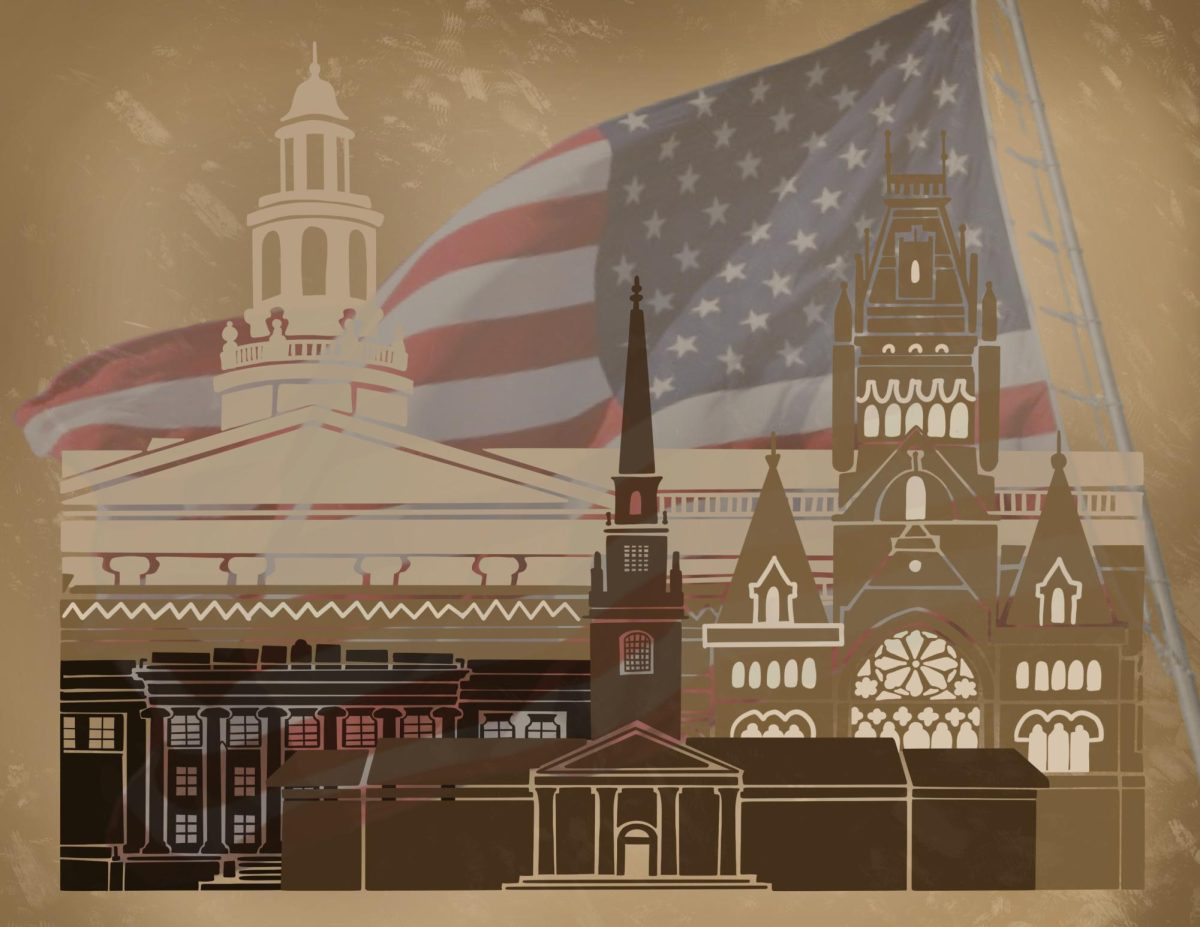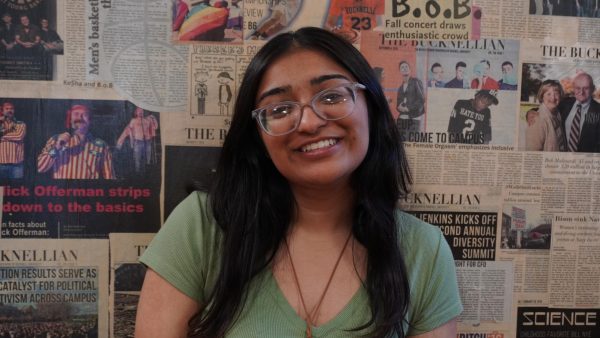In one of my classes the other day, someone asked if Trump’s crackdown on DEI (Diversity, Equity and Inclusion) programs was connected to stopping antisemitism. I was caught off guard, but I understood the confusion. With all the headlines, I can see why someone would make that kind of connection. But if you look closely at what is actually happening, it becomes clear that this isn’t about protecting students. It’s a clear attempt to silence and suppress both students and faculty on college campuses.
On April 11, the federal government sent Harvard a letter listing a sweeping set of demands that go far beyond any normal concept of campus reform. It requires Harvard to shut down all DEI programs and remove “faculty and administrators more committed to activism than scholarship.” The letter also demands that Harvard turn over detailed hiring and admissions data to the government, including breakdowns by race, national origin and test scores. These reports are to be submitted quarterly through at least 2028.
It gets even more intense from there. The letter includes a clause that says any department failing a “viewpoint diversity” audit must be restructured. If a department is not considered ideologically diverse enough, faculty hiring will be transferred to a different department deemed more acceptable. The government doesn’t define viewpoint diversity clearly, but it’s obvious to me that what they expect is more conservative representation. As the letter states, “Every teaching unit found to lack viewpoint diversity must be reformed by admitting a critical mass of students who will provide viewpoint diversity.”
To be clear: I believe conservative voices matter and should be part of campus conversations. I do not believe in cancel culture, and I’ve always thought campuses should make space for real debate and encourage it. But that cannot and should not come from the government. The United States government deciding who gets hired and admitted into universities is overreaching, and it’s ridiculous that this is even on the table.
In short, the government is threatening to cut off Harvard’s funding unless the university lets them dictate what it teaches, who it hires, who it admits and which student groups it allows to exist. The fact that the federal government is even trying to insert itself into this process is outrageous.
And the consequences have already begun. The Trump administration has frozen more than $2.2 billion in public health and research grants to Harvard while the university decides whether or not to comply. That freeze includes funding for cancer research, HIV prevention and major public health programs at the Harvard T.H. Chan School of Public Health. None of these programs have anything to do with DEI offices or campus protests, yet they are literally being held hostage to send a political message.
Even the way antisemitism is being used in this situation feels deeply disingenuous. Antisemitism is a serious issue, but most of it in the United States is not coming from college students or pro-Palestine activism. It’s coming from white supremacist and far-right extremist groups. According to the Anti-Defamation League, the majority of antisemitic attacks are carried out by these groups.
Remember back in 2017, when white nationalists marched through Charlottesville chanting “Jews will not replace us.” When asked about it, Trump said there were “very fine people on both sides.” He has consistently refused to condemn white supremacists because they are part of his voter base. That is why, in my opinion, the sudden concern about antisemitism feels like a facade. Trump is more concerned with silencing criticism, especially when that criticism challenges conservative narratives about race, identity or Israel, than he is concerned about protecting Jewish students.
The letter specifically targets student groups like Students for Justice in Palestine and Harvard Graduate Students for Palestine. It calls on Harvard to cut off recognition and funding for these organizations and to discipline or expel their members. Whether or not you agree with these groups, banning them is a clear attack on student expression and the right to organize.
Harvard has pushed back, to its credit. President Alan Garber responded by emphasizing Harvard’s commitment to academic freedom and open inquiry. “We remain committed to fostering an environment in which students, faculty and researchers are free to think and express themselves openly — even on the most difficult topics,” he said.
Former President Barack Obama, a Harvard Law alum, also defended the university. “You do not fix campus culture by turning the government into speech police,” he said. “The best way to address bad speech is with better speech.”
And yet, I’ve already started hearing people, even here at Bucknell, try to justify what is happening. Some think DEI went too far. Others think the government is just trying to keep schools “neutral.” But if you look past the surface, it’s clear what this really is. It’s censorship, backed by the threat of taking away funding, dressed up as reform.
I think this is going to go far beyond Harvard. If this kind of government overreach becomes normal, schools like ours are next. Bucknell may not be an Ivy League institution or under fire right now, but if we truly value intellectual freedom, inclusion and open debate, then we need to pay attention. Because, if the government is going to start taking away funding from universities to push their agenda, what’s next?






















